Air Quality
Nearly 99% of Eugene’s pollution comes from factories in a single ZIP code, which is also home to the majority of the city's people of color and lower income households.
According to the EPA’s National Air Toxics Assessment, Oregon has the third largest population at risk of excess cancer due to air pollution. Exposure to air pollution has been linked to premature death, higher prevalence of lung disease, decreased productivity in school and work, lost earnings, and school absences. Low-income people and communities of color are likely to live in areas where pollutants exceed public health standards.
WHAT WE ARE DOING
Beyond Toxics and a coalition of clean air advocacy groups from around the state share a vision for clean, healthy air in all of Oregon's communities.
The fight for clean air continues
Beyond Toxics has been fighting for clean air in Oregon for two decades. We won health-based air quality laws that also include equity benchmarks. We succeeded by using community organizing, pressuring state legislators and working at every level to adopt the strongest air quality and land use rules and regulations. We took action to force industry to clean up their pollution, we’ve changed bad zoning patterns, we prevented harm to communities from the impacts of industrial pollution and we continue to engage and organize the communities we serve.
Read the Beyond Toxics Report, Seeing is Believing: Visualizing Indoor Air Pollution from Gas Stoves (PDF) | Read more about the Building a Fossil-Free Future campaign
VICTORY! Eugene has banned natural gas and other fossil fuel infrastructure in new homes, townhouses and other residential structures no taller than three stories. City councilors voted 5-3 to pass an ordinance that will apply to building permit applications submitted on or after June 30, 2023.
NEWS: Eugene First City in Oregon to Ban Natural Gas, Eugene Weekly
PROJECTS
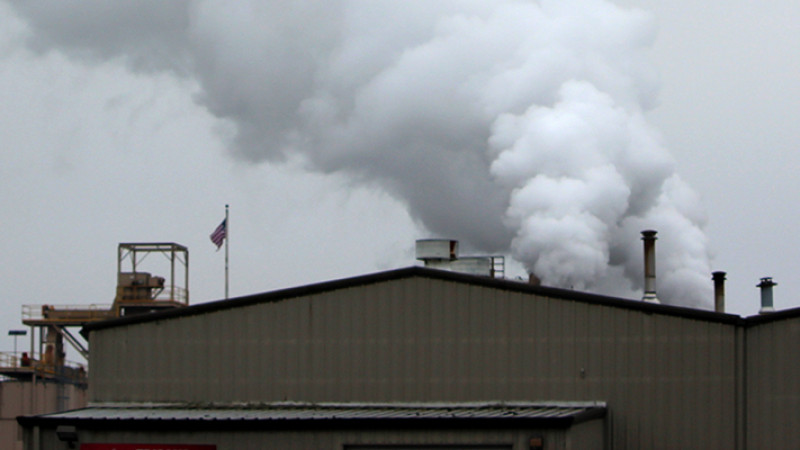
West Eugene Community Health
In West Eugene, 550,000 pounds of toxic emissions were released in 2019. This pollution - emitted in the 97402 zip code area - accounted for 96% of all the emissions released in the City of Eugene that year, and every year. Polluted air in West Eugene persists due to outdated zoning laws, housing built near pollution and weak air regulations. Learn more
See our video, "Communities Fighting for Clean Air" on YouTube
NEW! Read: Health Consultation Initial and Public Comment Release
J.H. BAXTER NEIGHBORHOOD INVESTIGATION - EUGENE, OREGON, Prepared by Environmental Health Assessment Program, Oregon Health Authority
SUMMARY: J.H. Baxter Health Consultation - Summary Factsheet (Updated Feb. 2023)
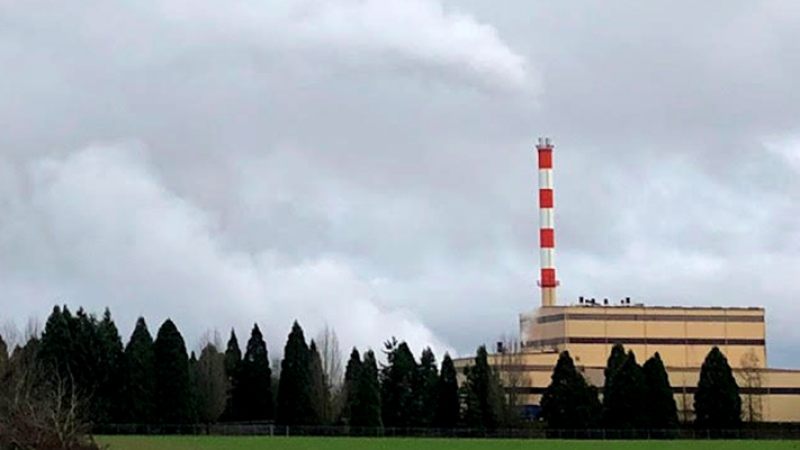
Covanta Marion Waste Incinerator
Oregon's 2023 legislative session offers an opportunity to address a long-standing regulatory loophole that allows Oregon's municipal waste incinerator (Covanta Marion) to burn large amounts of medical and industrial waste, including waste trucked in from out-of-state. The passage of Oregon's Medical Waste Incineration Act, SB 488 is critical to achieving clean air for the people of Oregon, particularly those living in the mid-Willamette Valley. Learn more
TAKE ACTION to support the passage of SB 488, Oregon's Medical Waste Incineration Act
Read the two-page overview of Oregon's Medical Waste Incineration Act - SB 488 (PDF)
Recent news: "Oregon may tighten Covanta waste incinerator emissions, require health study" by Tracy Loew, Salem Statesman-Journal, January 2023 | Read the Covanta Waste Incinerator Investigation Report (PDF) | Read Lisa Arkin's blog, Trashy and Tricky.
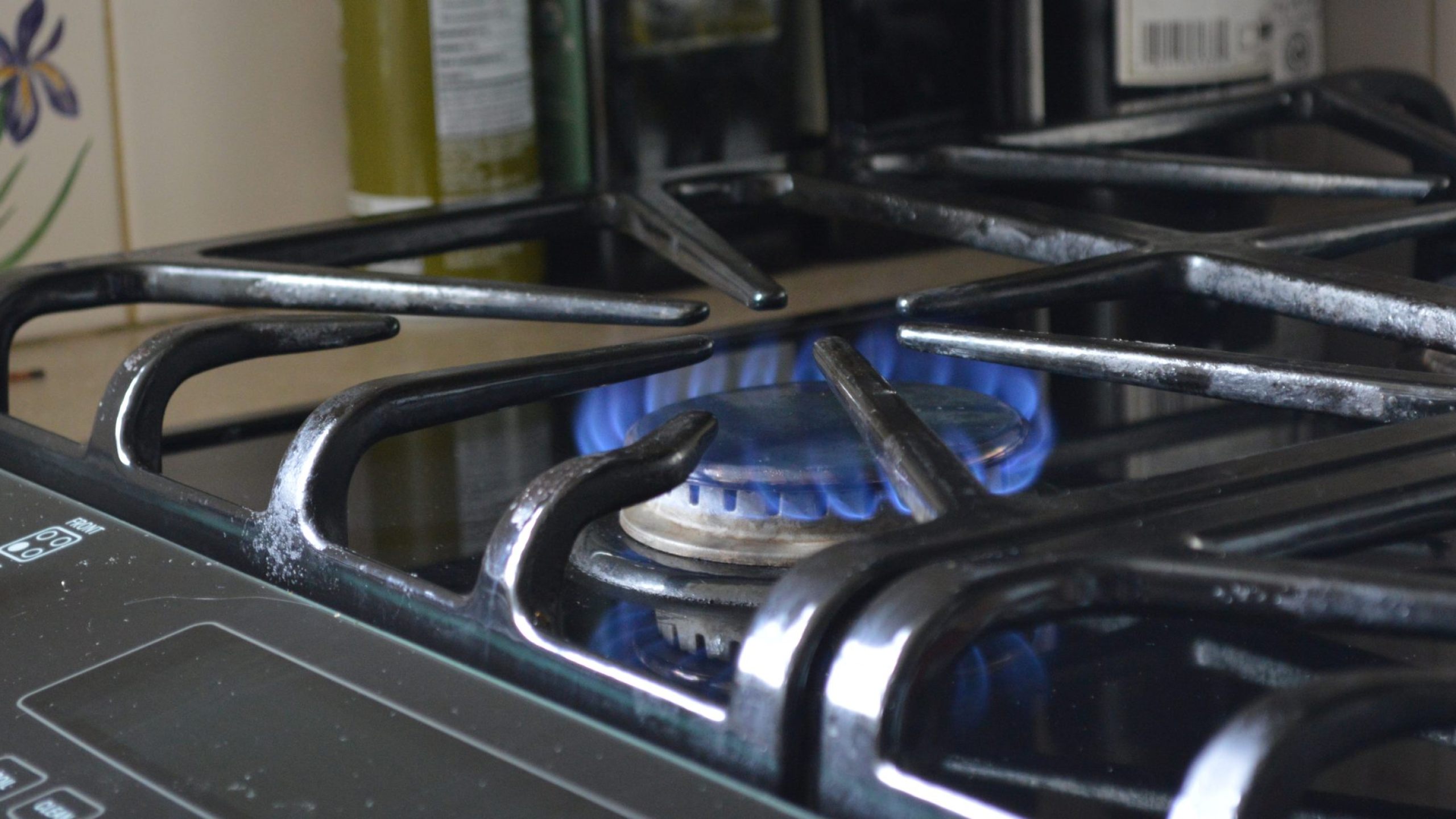
Building a Fossil-Free Future
There are urgent health risks associated with the use of gas stoves in your home.
Families lean over their gas stoves during every cooking activity, thereby exposing themselves to poisonous gasses and pollutants, including nitrogen dioxide, carbon monoxide, particulate matter and volatile organic compounds (VOCs), which are harmful to human health if exposure levels are high. Their faces are only inches away from the highest concentration of gasses, which have been linked to asthma and other health impacts. Learn more
VICTORY! Eugene City Councilors voted in favor of banning gas infrastructure in new low-rise residential construction in light of growing concerns about pollution. Eugene First City in Oregon to Ban Natural Gas, Eugene Weekly
Read the NEW Beyond Toxics Report, Seeing is Believing: Visualizing Indoor Air Pollution from Gas Stoves (PDF)

Cleaner Air Oregon
Beyond Toxics helped establish this innovative statewide program. We continue to serve as a key stakeholder in the ongoing process of developing stronger air quality laws to protect the lungs of all Oregonians. Learn more
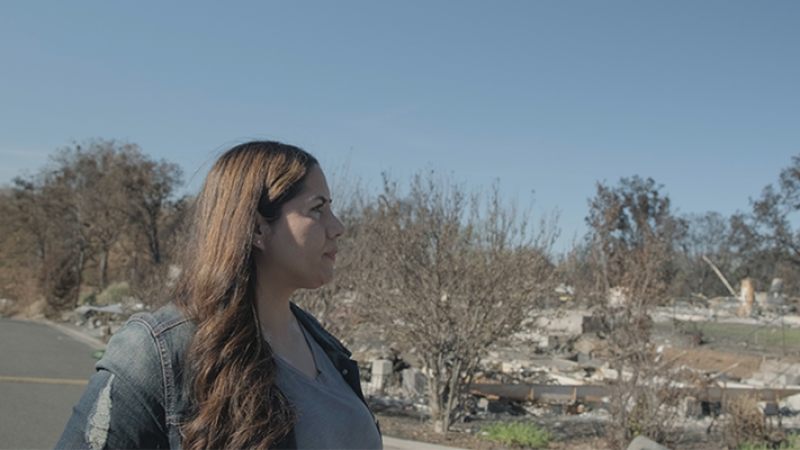
Wild Fire and Air Quality
The September 2020 wild fires in Oregon had an unprecedented impact on many Oregonians, especially those people of color and lower income people who have lived on the disastrous edge of displacement as a result. Learn more
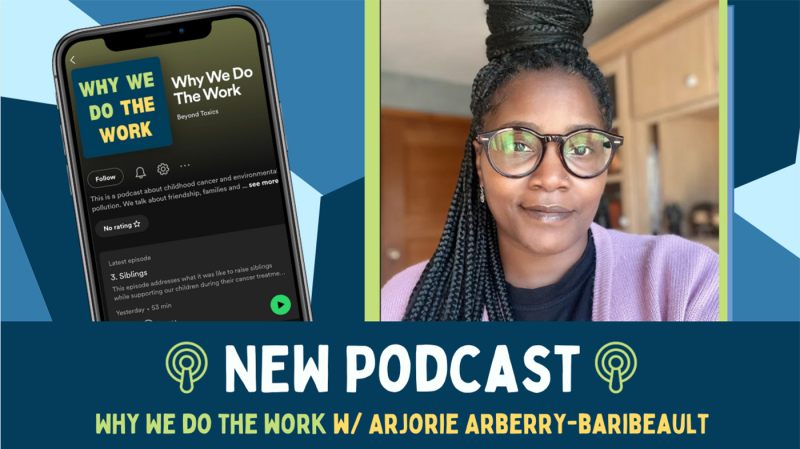
This is a podcast about childhood cancer and environmental pollution. These conversations will include discussion around cancer and the hardships that ensue. Trigger warning: cancer, traumatic experiences. Hosted by Arjorie Arberry-Baribeault, Beyond Toxics' West Eugene Community Organizer. See the full list of episodes.





